
Learn English Podcast
Author: Learn English Podcast
Subscribed: 1,659Played: 17,120Description
Learn English through real stories, history, and culture. The Learn English Podcast helps B1–B2 English learners improve listening comprehension, vocabulary, and cultural understanding through engaging episodes about American history, world events, language, travel, and fascinating true stories.
Each episode uses clear, natural English and provides meaningful context so you can understand new words, learn expressions, and build confidence. You’ll hear English the way native speakers use it—through stories about people, places, and events that shaped the world.
This podcast is perfect for upper-intermediate English learners (B2), independent learners, ESL students, and anyone who wants to learn English naturally without a textbook. Listen at your own pace, follow along with the vocabulary, and enjoy topics ranging from Native American history and U.S. culture to mysteries, science, geography, and everyday English.
🎧 You'll learn:
• English vocabulary in context
• Listening comprehension strategies
• Real American culture and history
• Clear explanations of challenging words
• Natural English expressions and phrases
New episodes published weekly. Follow the show and keep learning English!
Website: https://learnenglishpod.com All links: https://linktr.ee/learnenglishpod











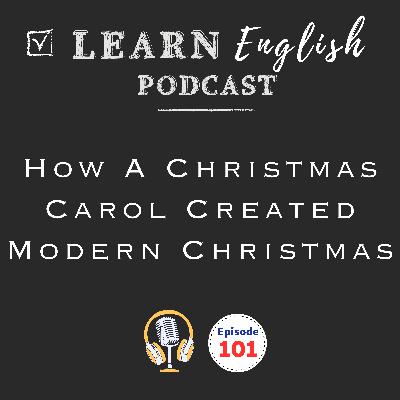

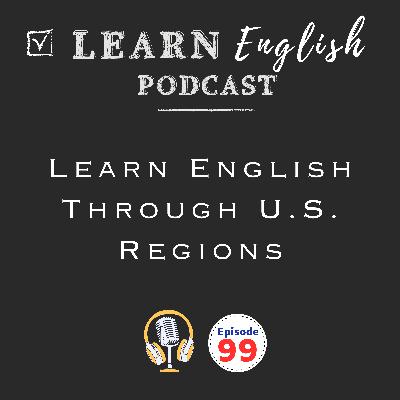
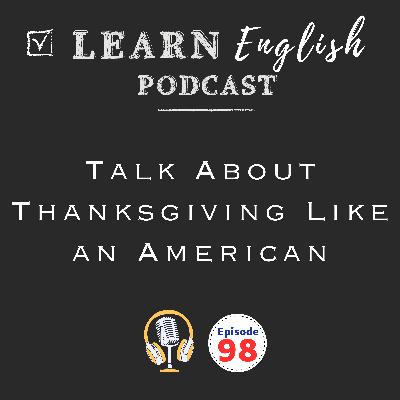
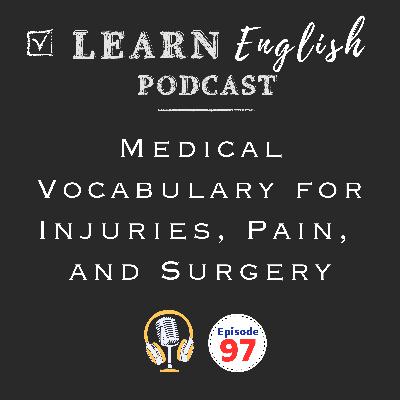
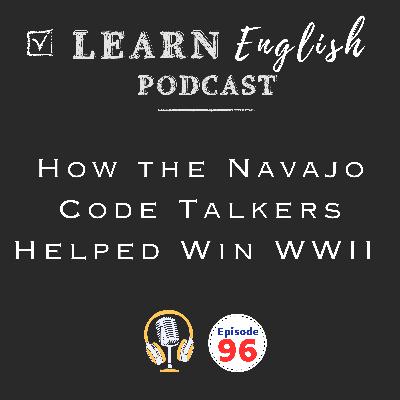


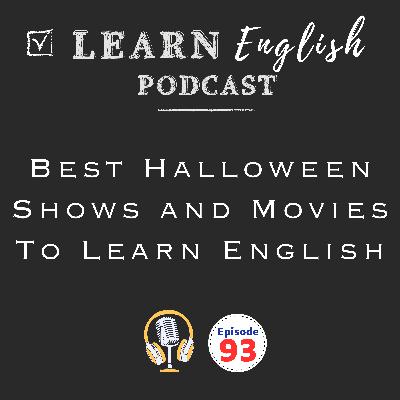
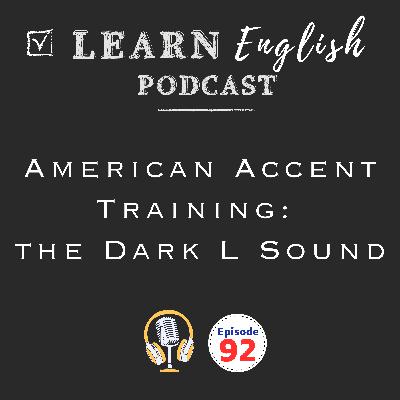




Emezing
Hi i will get ielts 7 and getting a visa to australia
Hi
could you please remove the song in the first of your podcast it is to laud😐 or put another one sync with your voice
🥰
thanks for every thing. just could you please remove the song because it is too loud and we can listen these podcastes at night
Great podcast but hope the voice can be louder
did u released this last year or is this a new version of MLK?
hi Mrs Dr.se l appreciate for podcasts. all of them help me to improve my skills. can you write for me a schedule that l practice with this plan. please help me. l want to speak English fluency. please.
l enjoy your podcast.
great 👍 👌 👍 👌
thanks for your great information of traditional day
hi . can U help me & say how i can download context for encyclopedia episodes?
really interesting, nice voice . Thank you